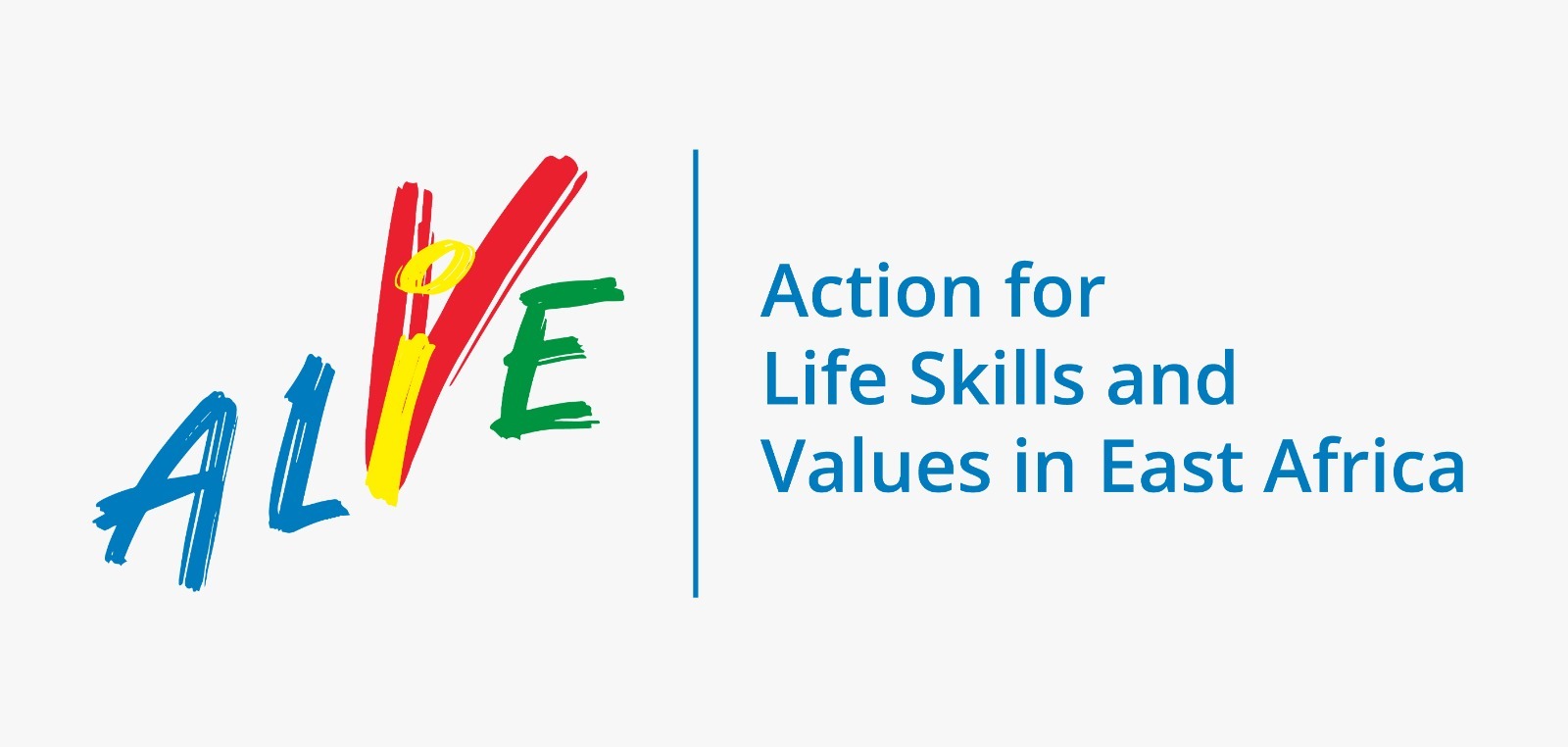About Us
Action for Life Skills and Values in East Africa (ALiVE) is a collaborative of 8 organizations working with education systems in Kenya, Tanzania, Uganda and Zanzibar, to ensure all children acquire life skills and values. ALiVE is an initiative of the Values and Life Skills regional thematic cluster of the Regional Education Learning Initiative (RELI). ALiVE’s vision is to see that the 21st century learners in East Africa are equipped with life skills and values, to support learning, working, and living.
ALiVE seeks to generate evidence on life skills and values, use this evidence to engage public policy reforms, and to strengthen local capacities in life skills competences in Kenya, Uganda and Tanzania. ALiVE responds to the need for RELI members and the education systems to develop assessments of transferrable competences contextualised to the East African context and collate evidence on what works in nurturing these competences. A second broad objective is to grow local expertise among the RELI members to understand these competences and develop hands-on skills in nurturing and measuring them. Ultimately, the RELI members will, in turn, support the education systems to better integrate assessments and interventions for improved learning outcomes in this area.
ALiVE PHASE I
The first Phase of ALiVE kicked off in August 2020, and targeted the development of contextualised and open-sourced tools, generation of large-scale evidence through household-based assessments, raising awareness among policy makers, teachers, parents, and youth to understand and focus on these competences. It also set out to strengthen capacities and amplify the voices of local experts in Kenya, Tanzania, and Uganda. By March 2023, below targets had largely been achieved:
- A contextualised assessment tool was developed through a collaborative community of 47 local experts drawn from government, academia, and civil society over a period of 40 weeks.
- This tool was used to assess 17,276 adolescents from 20 Counties in Kenya, 11,074 adolescents from 20 districts in Uganda and 14645 from 34 districts in Tanzania, a total of 45,442 adolescents. The tool was used to assess three competences, i.e., problem solving, collaboration, self-awareness and one value – respect. It has since generated what is probably the largest dataset of these competences in the African continent.
- A learning approach had been established, with a framework and tools to support collaborative interventions. More than 20 publications and papers have so far been produced, with media appearances reaching millions of parents and hundreds of thousands of teachers across Kenya, Uganda and Tanzania.

ALiVE PHASE II
The second phase of ALiVE seeks to address four persistent barriers to systemic integration of life skills and values in education:
- The rift between written intentions and learning outcomes. There lacks defined processes and tools for assessment life skills and values, as well as, a lack of clear instructional approaches for teachers to nurture these vital skills sets during the learning process.
- Low awareness, inadequate attention and capacities. There lacks seasoned expertise on life skills and values in East Africa as most of the existing work is based on global north experiences.
- Persisting gaps in tools for the assessment of life skills and values in East Africa. Even with the ALiVE tool, there lacks appropriate classroom assessment tools for formative and summative purposes.
- Uncoordinated efforts among key actors and few opportunities for learning and iterating. Besides the sector players working in silos, learning from the various existing initiatives is not systematic, thus hindering progressive advancements in this field.

What they’re talking about us



